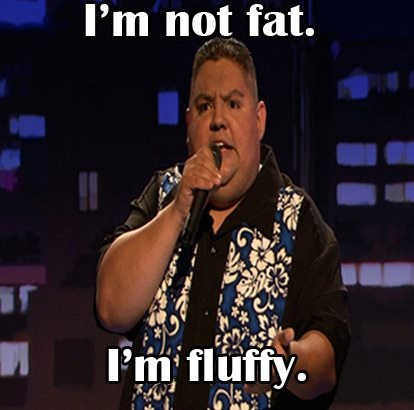

No one cares how fast you read or how many books you read last year. Synoptical reading is reading a variety of books and articles on the same topic, finding and evaluating the contradictions, and forming an opinion.
#Fsnotes alfred how to
We learned how to do this in elementary school. Reading the words on the page (or screen) is the easy part. Putting a bad book down creates the opportunity and space for a great book. Once you realize that you can quit bad books (or reading anything for that matter) without guilt, everything changes. When it comes to reading, you don’t need to finish what you start.
#Fsnotes alfred full
Trying to finish a bad book, on the other hand, is like walking through the mud with a wheelbarrow full of bricks. Our desire to finish what we start sometimes works against us. Start books quickly but give them up easily. Not only are they well written and packed with ideas and insight, but they’re well organized. When you pick up a good book you feel it instantly. Let’s explore the tested insights that we’ve found to be most helpful. This is only true if you can remember and apply the lessons and insights from what you read. One of the benefits of reading is that it allows you to master the best of what other people have already figured out. In my whole life, I have known no wise people (over a broad subject matter area) who didn’t read all the time – none, zero. We cover quitting, the levels of reading, choosing great books, improving reading comprehension and recall, and effective note-taking.


It doesn’t matter if it’s a book, article, or academic paper. This article outlines how to get the most out of your reading.


 0 kommentar(er)
0 kommentar(er)
